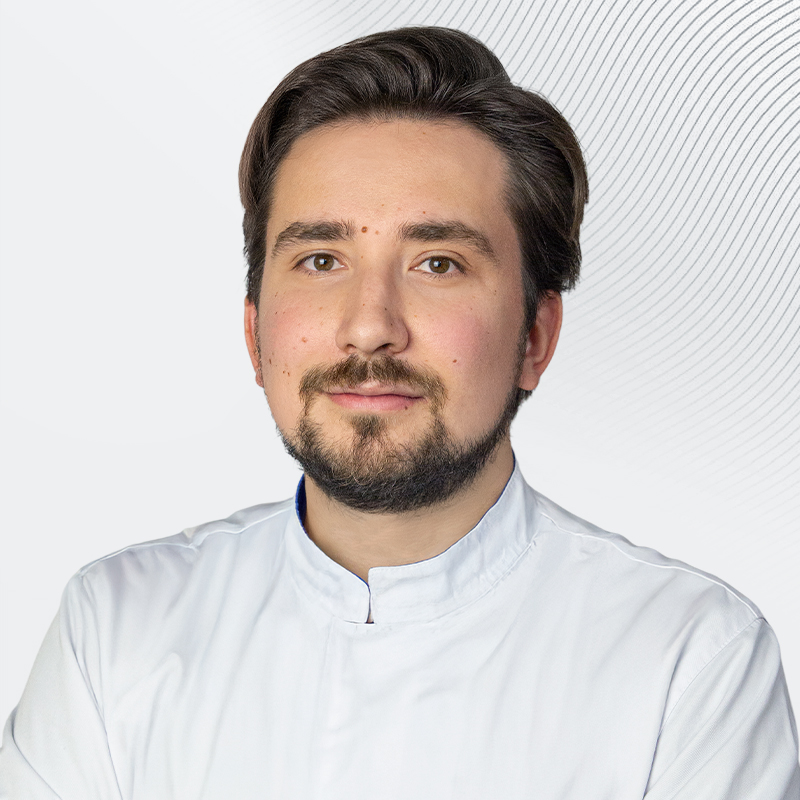Cognitive behavioral therapy
In modern world practice, the treatment of depression is understood not only as the use of antidepressants and other psychopharmacological agents, but also as the use of recognized psychotherapeutic approaches. Thus, the method of cognitive behavioral psychotherapy of depressive disorders, which has shown its effectiveness in many scientific studies, allows not only to alleviate the symptoms of the disease and speed up the recovery process, but also helps to prevent the occurrence of repeated episodes of depression in the future.
A patient who seeks help at the Clinic of Psychiatry and Psychotherapy of the European Medical Center starts working with a qualified psychotherapist from the very first days.
The first step is to thoroughly diagnose the patient's condition, provide detailed information about his illness, recovery period, and treatment methods. Often in clinical practice, doctors are faced with the fact that patients have a distorted view of the possibilities of treating mental disorders and the impact of the disease on their lives in the future. Providing the patient with clear, accurate information during psychotherapy almost immediately reduces the level of anxiety, which helps to alleviate the condition.
The second step of psychotherapeutic work with a depressed patient is the use of behavioral activation methods. Symptoms of the disease such as apathy, unwillingness to do anything, lead to passivity, lack of positive emotions. This, in turn, increases depressive symptoms by the mechanism of a vicious circle. Behavioral activation methods allow the patient to find a way out and believe in the possibility of recovery.
At the third stage, the therapist helps to correct the so-called "depressogenic style of thinking", which leads to an excess of emotions such as sadness, longing and anxiety. The patient learns emotional regulation skills, learns to reduce the intensity of negative feelings by correcting automatic thoughts and irrational beliefs, and learns effective ways to cope with stress.
An important part of the course of treatment is interaction with the patient's family (provided that the patient gives his consent to this). Family members can get answers to questions about their relative's condition, the course of his disease, and treatment methods. Doctors actively involve the family in the process of helping — they teach effective support and interaction skills that contribute to a speedy recovery from depression.
Get help
Specify your contacts and we will contact you to clarify the details.
Doctors
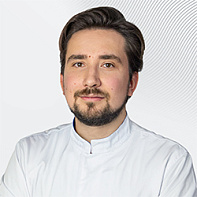
Edvard Mozol
-
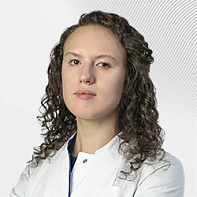
Margarita Kostyna
-
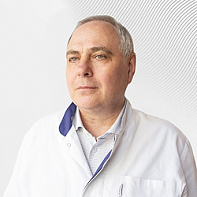
Igor Kolykhalov
Doctor of Medicine
-
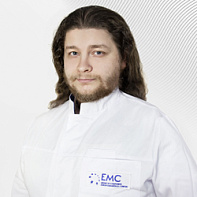
Aleksandr Vetrov
-
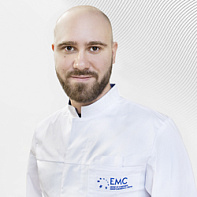
Stefan Yovich
-
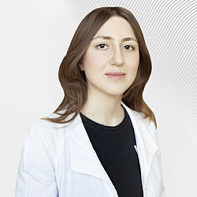
Patimat Yakhyaeva
-
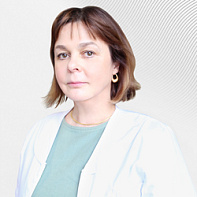
Elena Kostyukova
Member of the Russian Society of Psychiatrists and the World Federation of Societies of Biological Psychiatry, Ph.D. of Medical Sciences
-
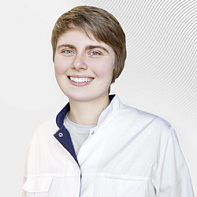
Daria Egorova
-
Susov Nikita
-

Filatova Yuliya
-
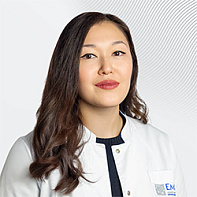
Shukurova Mariyam
-
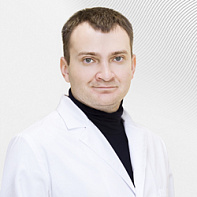
Sobolev Dmitriy
-
.jpg)
Istomina-Luiza
Doctor-clinical psychologist
-
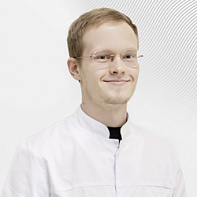
Panov Georgiy
-
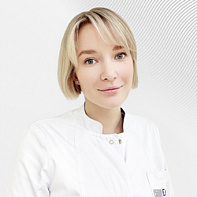
Moshnyatskaya (Zamyatina) Valeriya
-
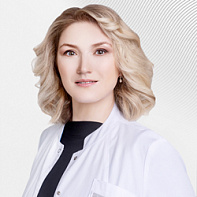
Goncharova Irina
-
.jpg)
Movina Larisa
Ph.D. of Medical Sciences
-
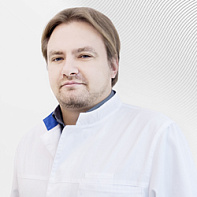
Shafarenko Alexey
-
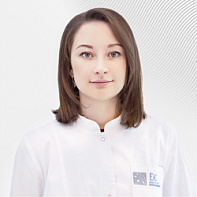
Minyaycheva Mariya
Specialist of the first qualification category
-
.jpg)
Sulimenko Ekaterina
Child psychiatrist, polyclinic
-
Edvard Mozol
- Graduated from the Russian Medical Academy of Continuing Professional Education (RMANPO), qualified as a Psychiatrist
- Works as a psychiatrist in General psychiatric department No. 7 of GBUZ "PKB No. 4 DZM"
- Participates in scientific and practical conferences
Total experience
6 years
Experience in EMC
since 2026
